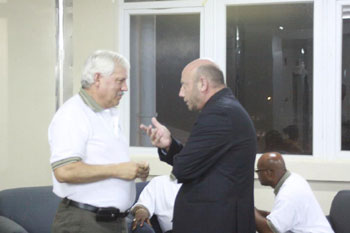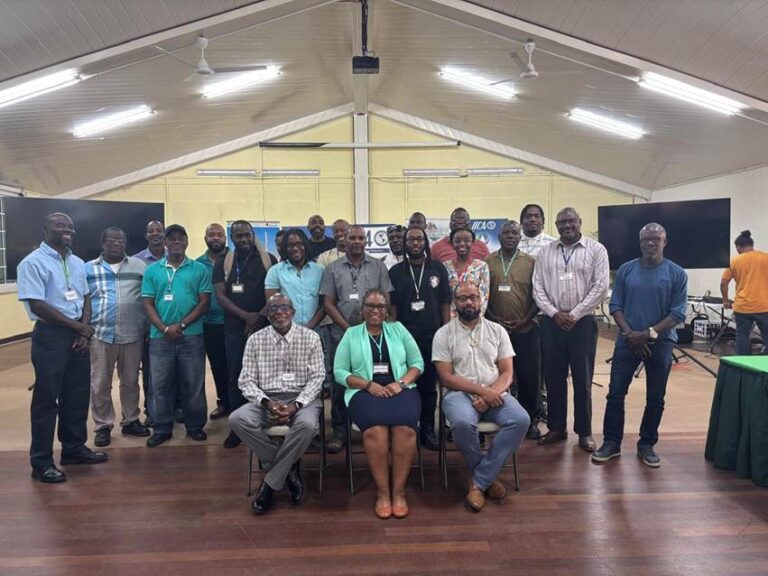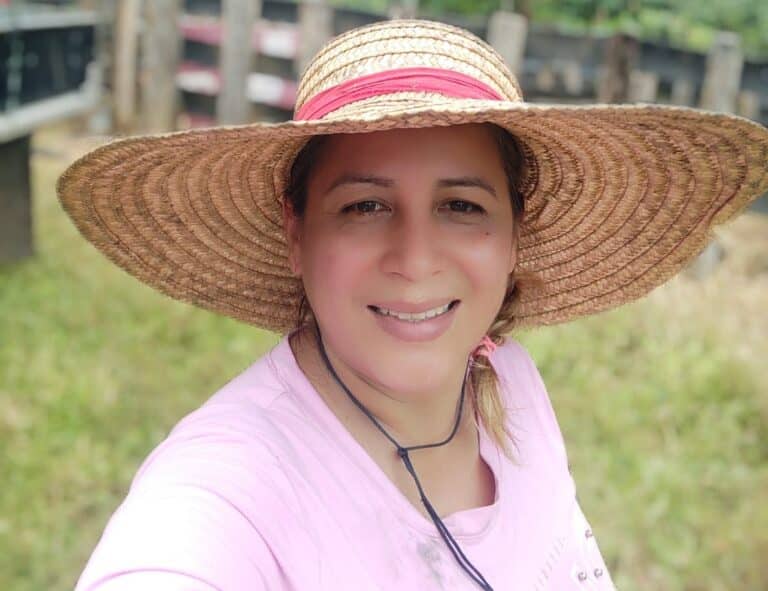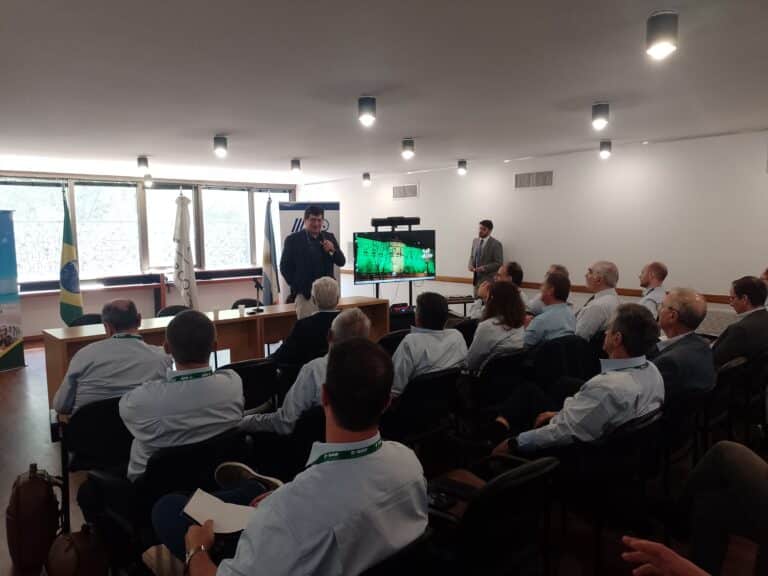Within the framework of the Caribbean Week of Agriculture, representatives of the two organizations agreed to create a plan of work for 2013, centered on food security, agribusiness, health and productivity.

Antigua, October 19, 2012 (IICA). The Director General of the Inter-American Institute for Cooperation on Agriculture (IICA), Víctor M. Villalobos, and the Regional Director for Latin America and the Caribbean of the United Nations Food and Agriculture Organization (FAO), Raúl Benítez, reiterated their commitment to join forces to create a joint work agenda for the Caribbean, focused on four topics of common interest: food security, agribusiness, health and productivity.
The commitment was given at a meeting involving the two directors during Caribbean Week of Agriculture (CWA) and forms part of the efforts to implement an agreement signed in April by Villalobos and the Director General of FAO, José Graziano Da Silva, identifying the Caribbean as a priority region for the organizations.
According to Villalobos “At IICA, one of our main policies is to seek partners, because we are convinced that teamwork can provide the countries with more and better results than if they were isolated. Moreover, the problems of agriculture, poverty and hunger cannot be tackled by a single institution”.
“FAO is a major partner of the Institute, and we are sure that the joint work that we are undertaking will be fruitful”, he added.
For his part, Benítez stated: “We are sister institutions, and it makes sense to combine our efforts in order to provide better service to the countries, avoid duplication and strengthen the knowledge base of both institutions”.
During the meeting, they also agreed to develop a program for food security in Antigua and Barbuda, as well as in Dominica, based on studies carried out by the FAO, taking advantage of IICA’s technical agronomical expertise. The objective will be to eradicate hunger and extreme poverty in both countries within two years at most.
Participation in the program will be open to other organizations and institutions and it will be carried out within the framework of the government policies of the two nations.
The CWA has brought together Ministers of Agriculture from around the Caribbean, as well as national, regional and international organizations and other actors in the agriculture sector, for an entire week, to analyze the challenges of regional agriculture and discuss ways of dealing with them. The participants have placed emphasis on creating synergies that will lead to an integrated response.
For more information, contact:
victor.delangel@iica.int
Interview: Raúl Benitez, Regional Director for Latin American and the Caribbean of FAO (Spanish only)
Image gallery











